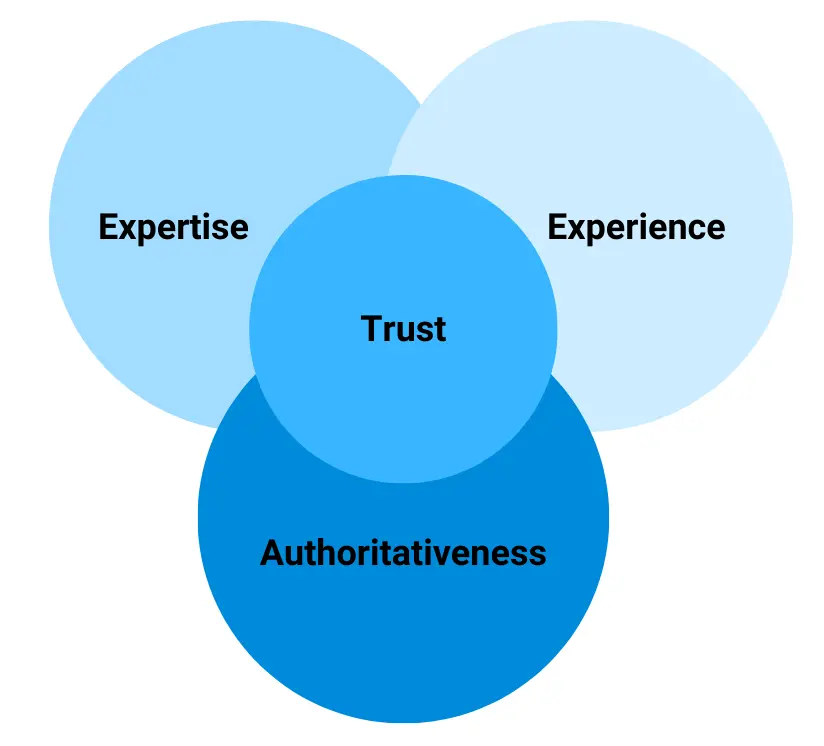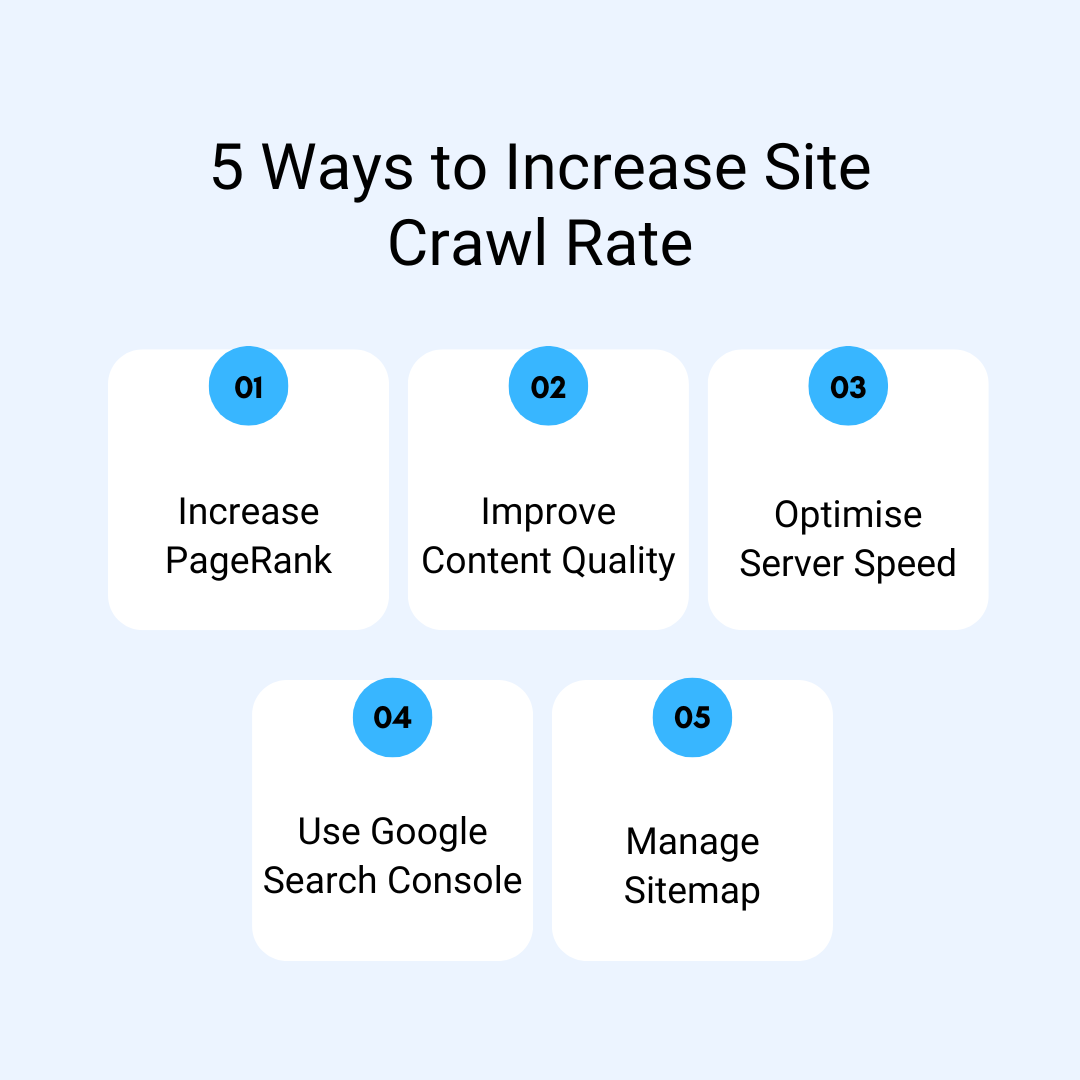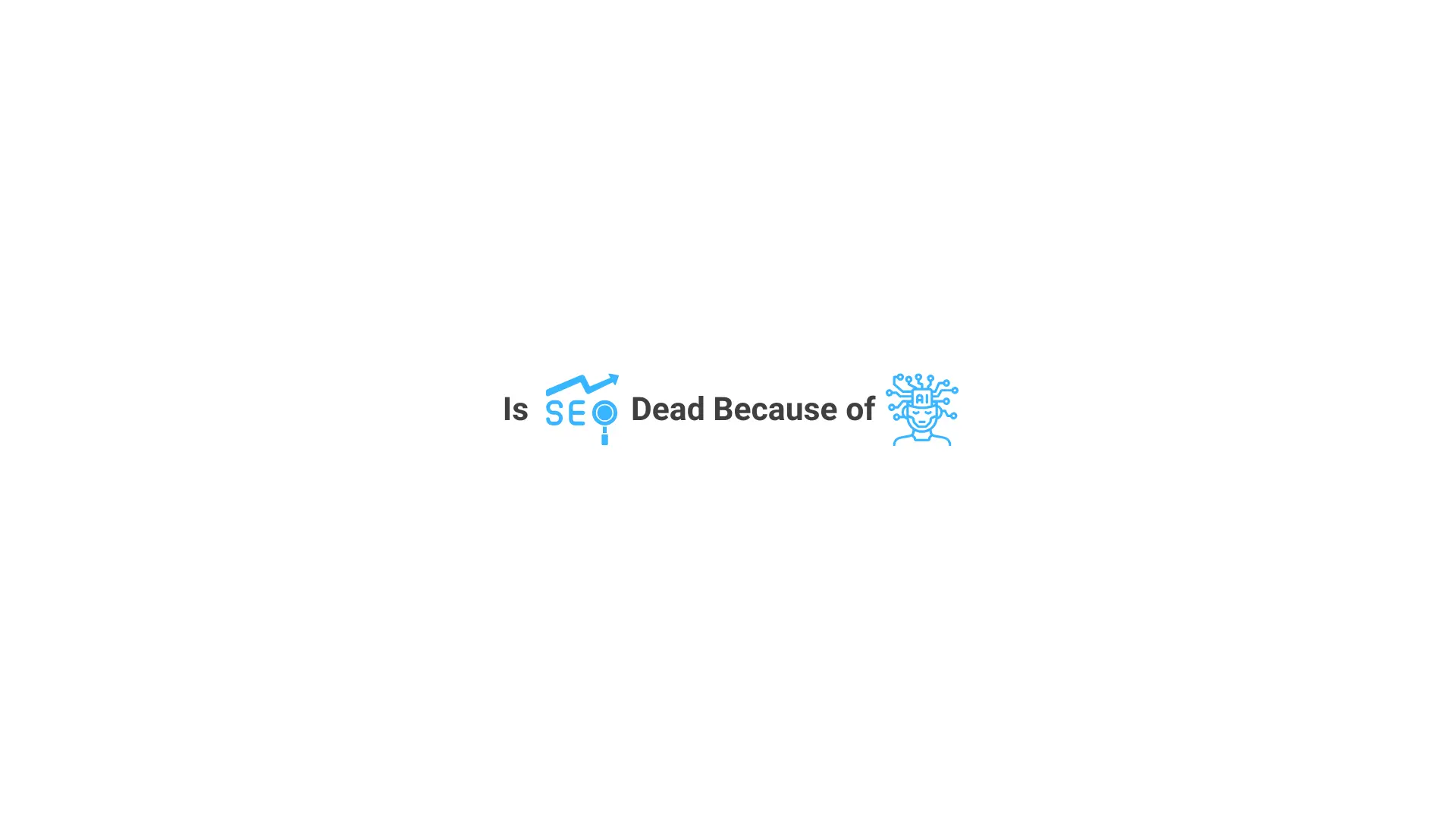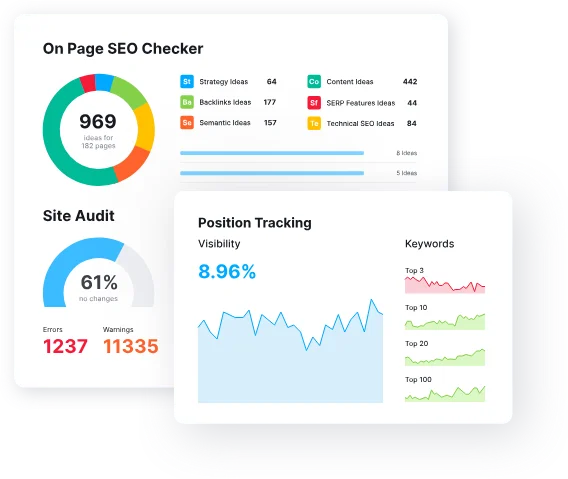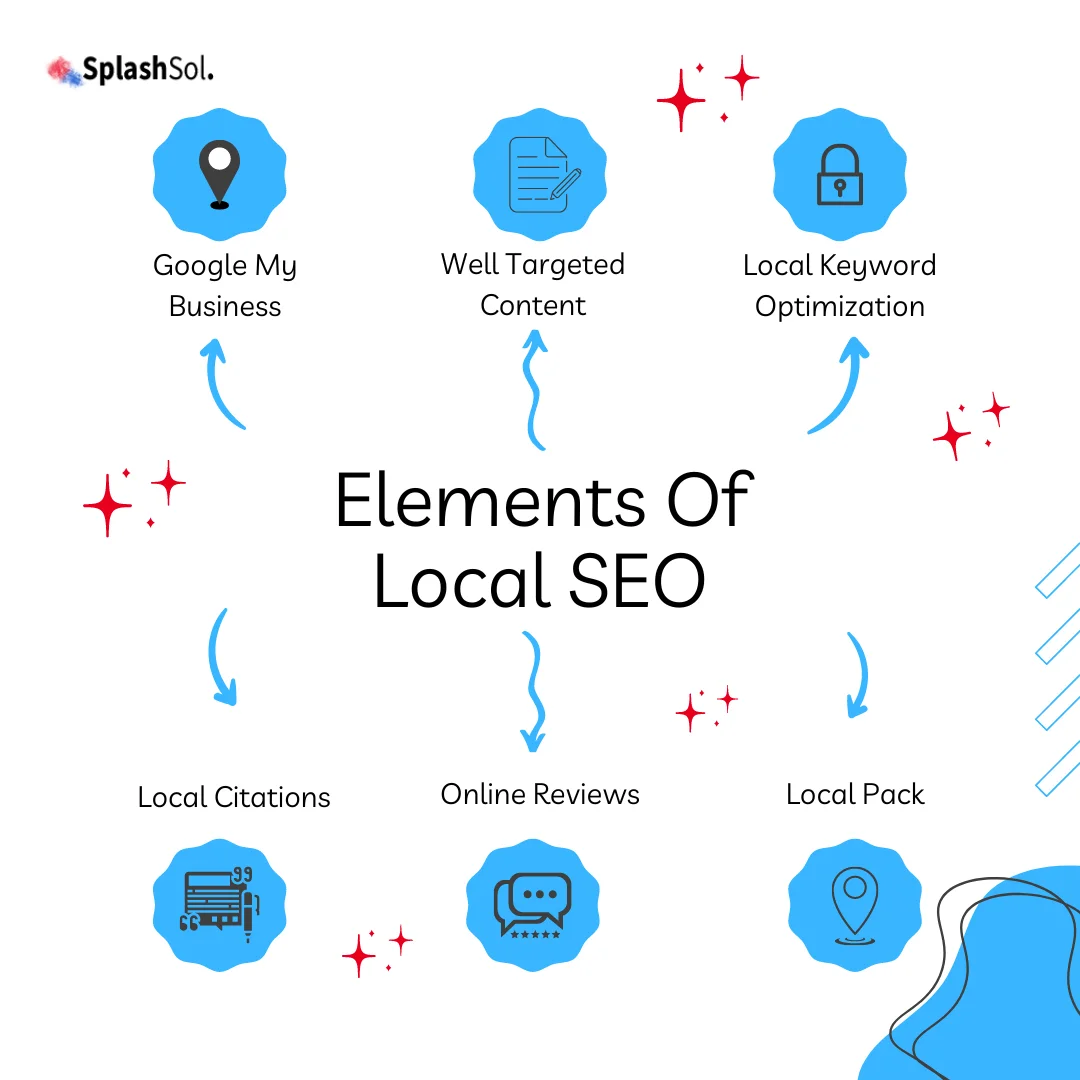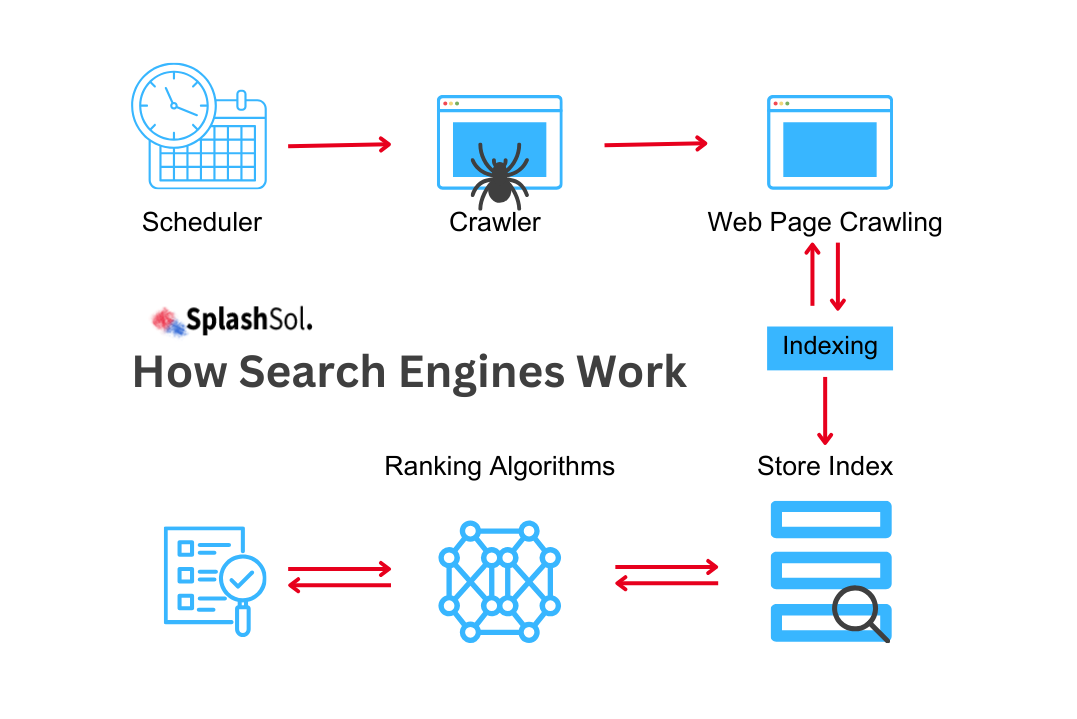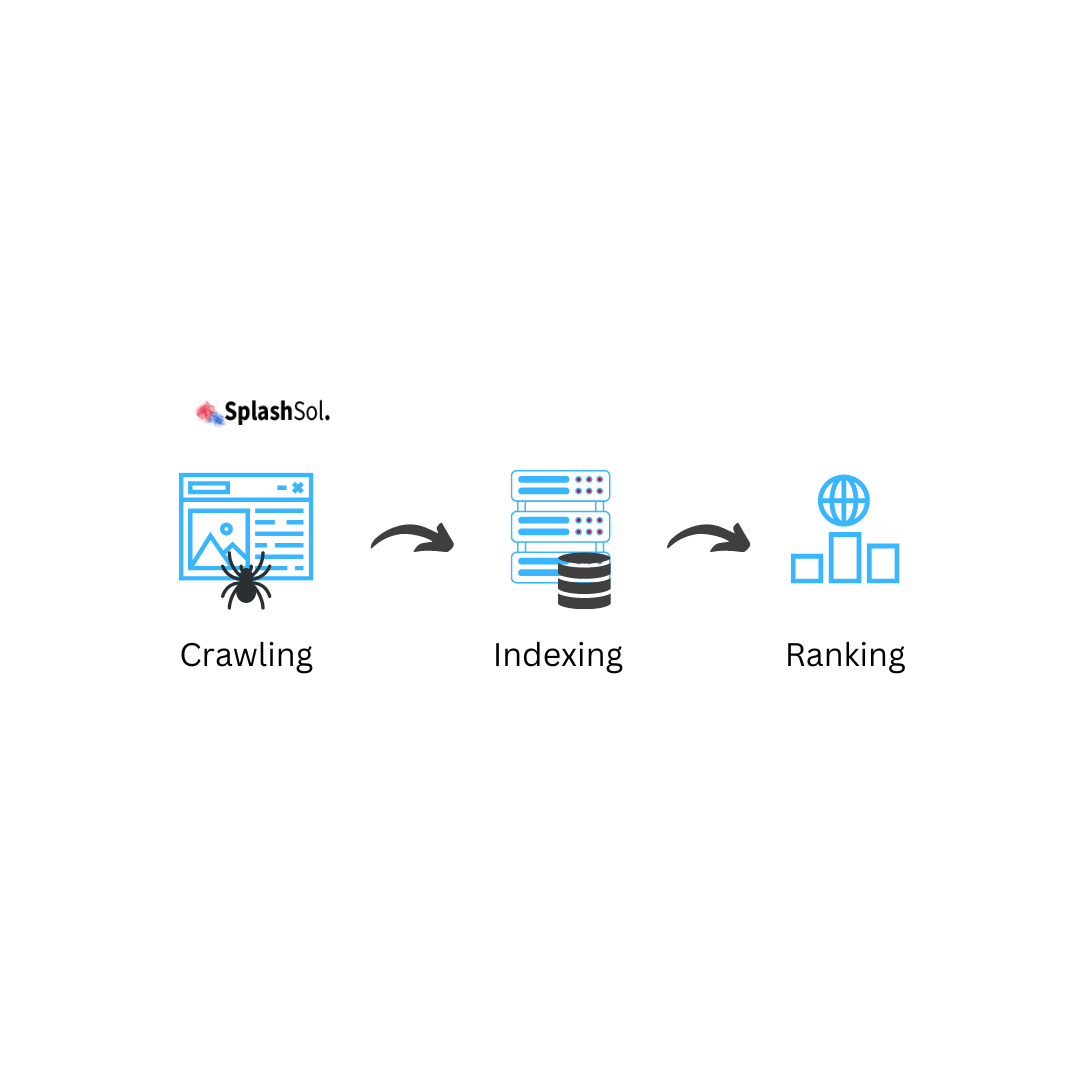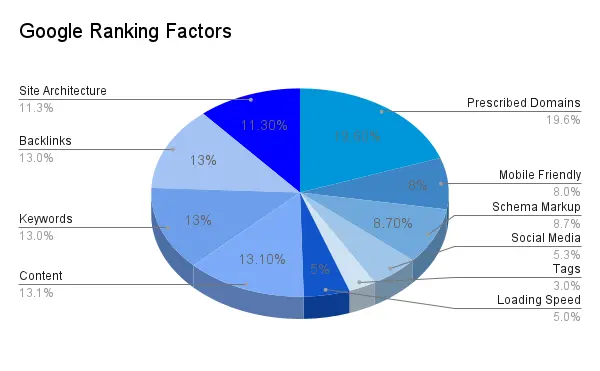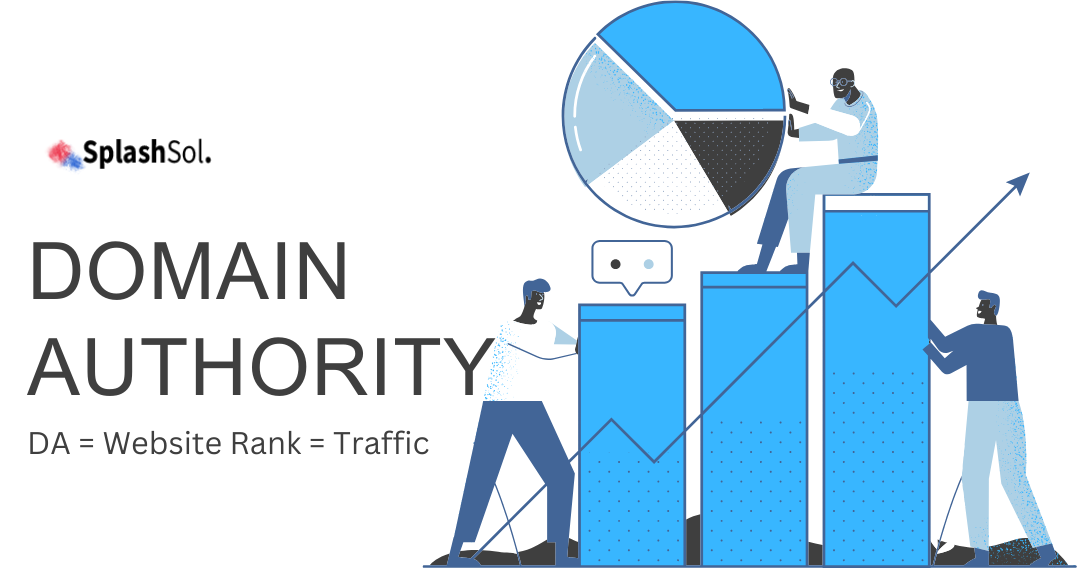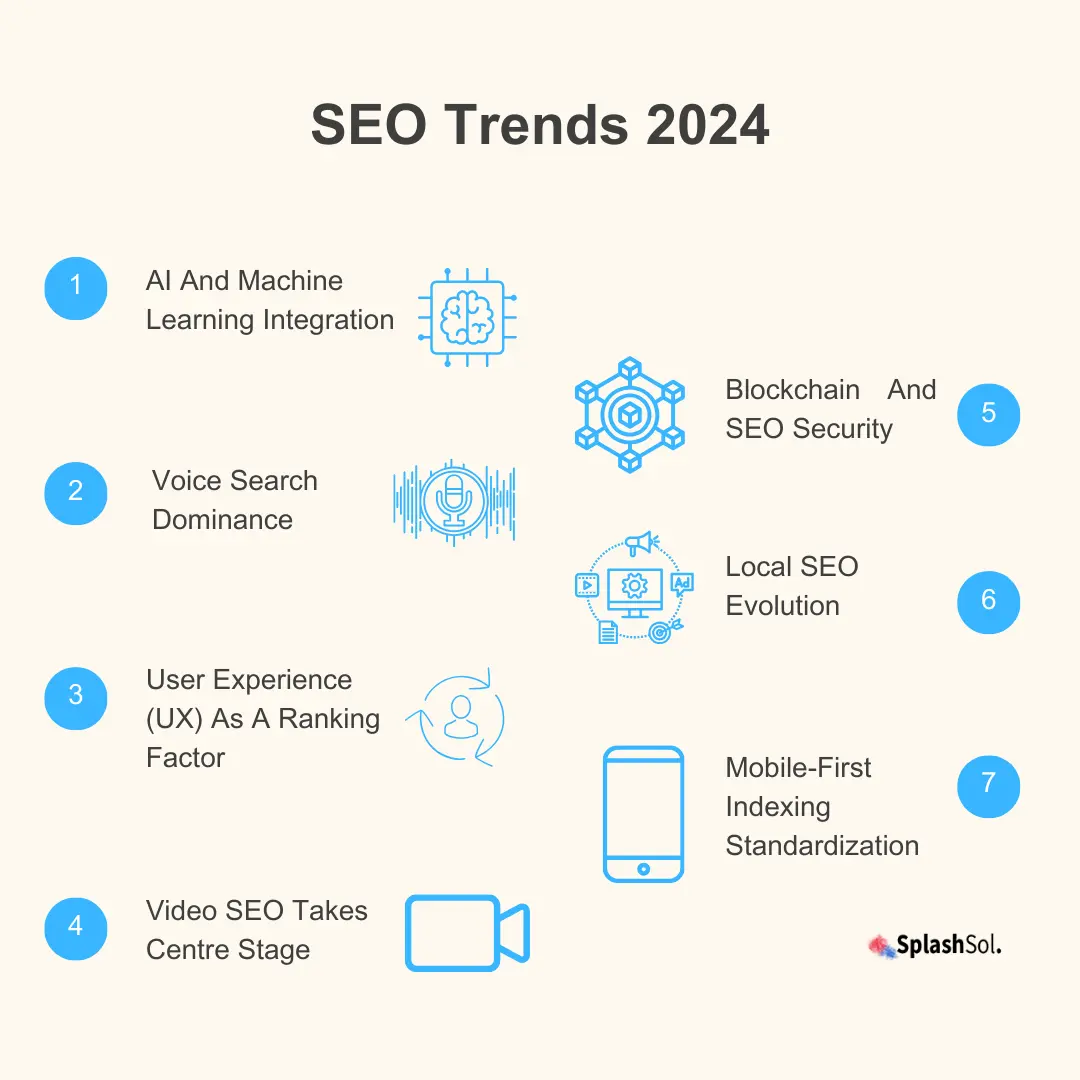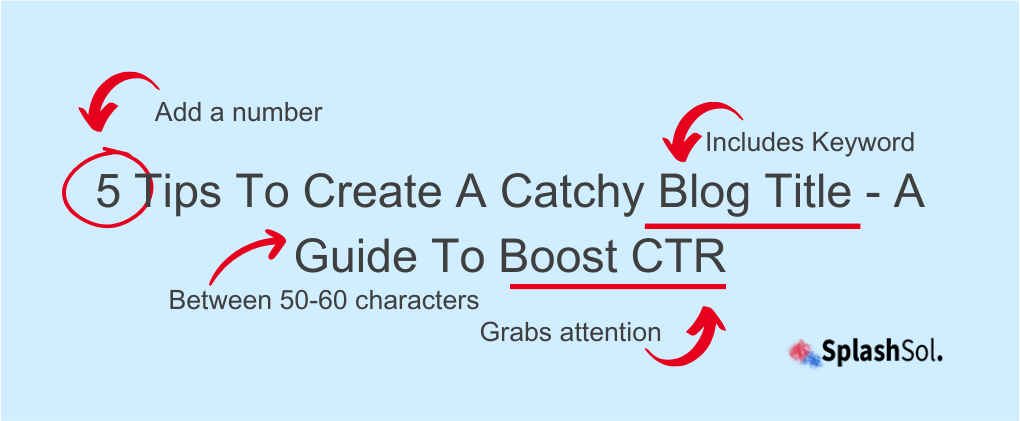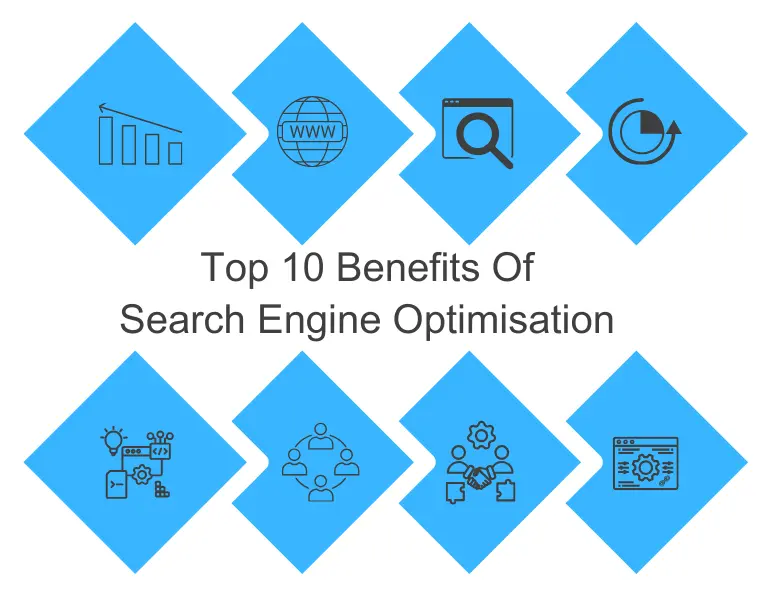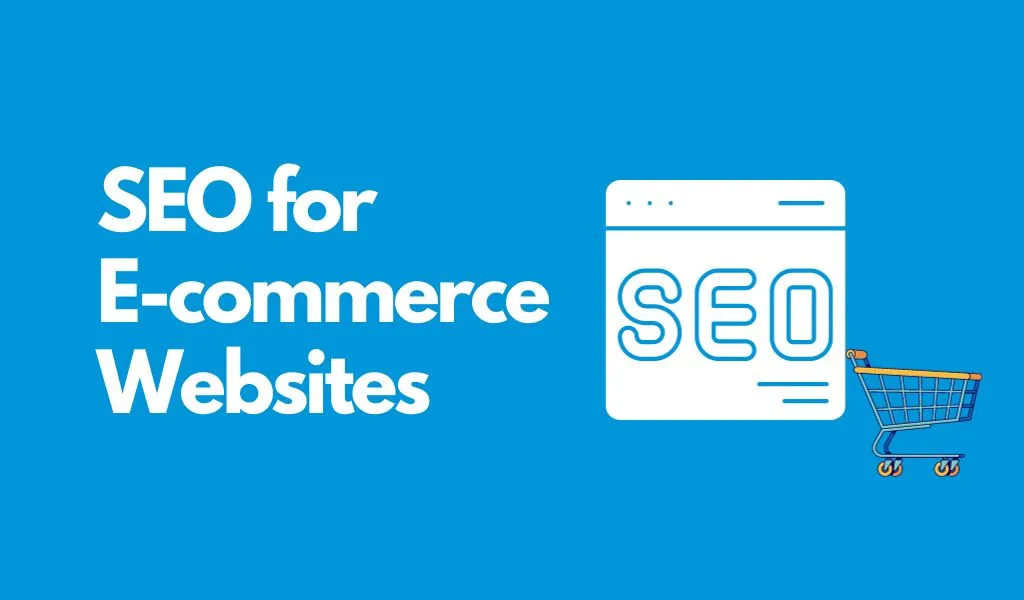- Only 7.65% of websites maintain top 100 rankings for a whole year.
- By the 6th month, only 19% of domains start ranking in the top 10 and stay there.
- 55.1% of Websites lacking backlinks rarely reach the top 10.
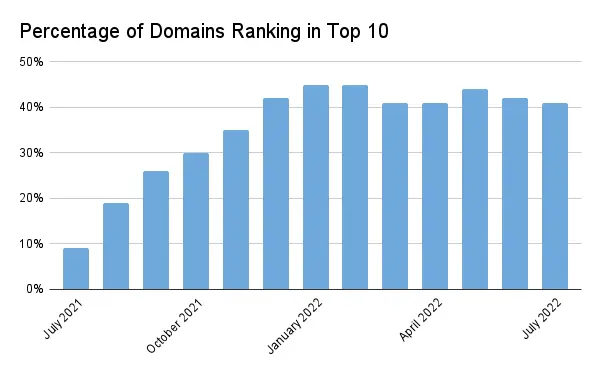
The establishment of a website is not merely a digital formality but a strategic step towards a meaningful online presence. The efficacy of this presence is often gauged by the website’s ranking on search engines.
However, securing a prominent position in search engine results takes time and effort. This comprehensive beginner’s guide aims to show the process of website ranking.
The Basics Of SEO
Search Engine Optimisation (SEO) is at the core of online visibility, a multifaceted practice aimed at enhancing a website’s prominence in search engine results.
SEO comprises both on-page factors, such as content and HTML source code optimisation, and off-page factors, including backlinks and social signals. Before discussing the timeline of website ranking, a solid grasp of these fundamental concepts is paramount.
Keywords: The Fundamentals Of SEO
Keywords serve as the foundation upon which the edifice of SEO is constructed. These are the terms and phrases users input into search engines when seeking information.
Identifying and incorporating pertinent keywords into website content is a fundamental practice. Utilising tools like Google’s Keyword Planner can help discover high-performing keywords customised to a specific niche.
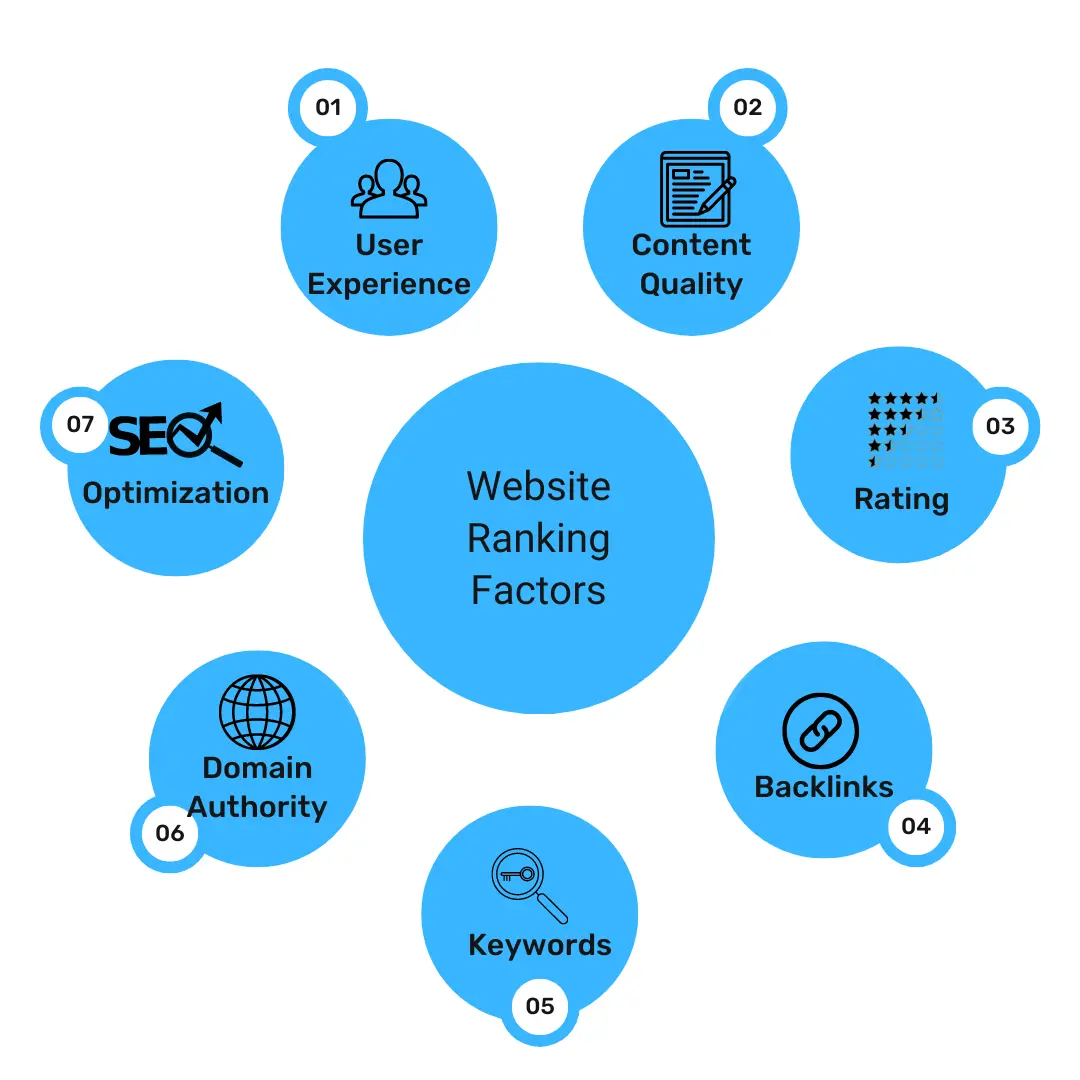
The Timeline Of Ranking
- 6-12 months: This is a common estimate for websites with good content and SEO optimisation, targeting moderate competition keywords.
- 2+ years: Studies show the average age of top 10 ranking pages exceeds 2 years, while those ranking #1 is almost 3 years old.
- Less than 1 year: Only 22% of pages in the top 10 are less than a year old, often due to exceptional SEO effort, not pure luck.
| Weeks 1 – 4 |
Setting the foundation |
- Domain and hosting
- Website structure
- Initial content creation
|
| Weeks 4 – 8 |
On-page Optimisation |
- Title tags and meta descriptions
- Header tags
- Keyword placement
|
| Weeks 8 – 12 |
Technical SEO & Analytics |
- Mobile optimisation
- Page speed optimisation
- Installation of analytics
|
| Months 3 – 6 |
Content Expansion & Link Building |
- Regular content updates
- Importance of link-building
- Competitor analysis
|
| Months 6 – 12 |
Patience & Monitoring |
- Consistent monitoring through analytics
- Adjustments based on analysis
- Awareness of algorithm updates
|
Weeks 1-4: Setting The Foundation
In the embryonic stage of a website’s existence, attention is directed towards establishing a robust foundation.
Domain And Hosting
Selecting a domain name that encapsulates the essence of the brand and choosing a reliable hosting provider are the initial steps. A seamless and accessible website begins with these foundational choices.
Website Structure
The website’s structure plays a pivotal role in both user experience and search engine crawlability. The creation of an XML sitemap facilitates efficient indexing by search engines.
Initial Content Creation
During these nascent weeks, the focus shifts to producing high-quality, relevant content.
The initial pages should serve as an informational hub, providing visitors with essential insights into the business, products, or services offered.
Weeks 4-8: On-Page Optimisation
As the website matures, attention turns to the optimisation of individual pages.
Title Tags And Meta Descriptions
Writing compelling title tags and meta descriptions for each page is imperative. These elements significantly influence click-through rates from search results.
Header Tags
The strategic use of header tags (H1, H2, H3, etc.) helps in structuring content. Use H1 for blog titles and follow through. Search engines utilise these tags to comprehend the hierarchy and importance of the information presented.
Keyword Placement
Incorporating target keywords naturally into content, headings, and meta tags is important. Strategic keyword placement aligns with search engine algorithms, enhancing the website’s discoverability.
Weeks 8-12: Technical SEO And Analytics
The subsequent weeks are dedicated to technical refinements and the implementation of analytical tools.
Mobile Optimisation
Ensuring the website is mobile-friendly is imperative, given Google’s preference for mobile-responsive designs. Accessibility across various devices enhances user experience and contributes to ranking factors.
Page Speed Optimisation
Page loading times directly impact user satisfaction and search engine rankings. Strategies such as image compression, browser caching, and code optimisation contribute to improved page speed.
Installation Of Analytics
The integration of analytics tools for SEO tracking, such as Google Analytics, allows for the systematic tracking of website performance.
Analysing user behaviour provides insights that inform strategic decisions moving forward.
Months 3-6: Content Expansion And Link Building
As the website matures, the focus shifts to ongoing content development and the cultivation of a robust backlink profile.
Regular Content Updates
Consistent publication of new, valuable content signals to search engines that the website remains active and relevant.
Content expansion aligns with user intent and contributes to organic search visibility.
Importance Of Link Building
Building a diverse and high-quality backlink profile is paramount. While quantity holds significance, the emphasis should be on earning links from reputable sources within the industry.
Competitor Analysis
Analysing competitors using reporting tools like SEMrush or Ahrefs provides valuable insights. Identifying successful strategies and leveraging industry benchmarks helps in refining your approach.
Months 6-12: Patience And Monitoring
The ensuing months demand patience as the website continues to evolve.
Consistent Monitoring Through Analytics
Regularly monitoring website performance through analytics ensures that adjustments can be made based on user behaviour, popular content, and other key metrics.
Adjustments Based On Data Analysis
Data-based decision-making becomes a foundation. Adapting strategies based on data analysis, emerging trends, and algorithmic changes contribute to sustained growth.
Awareness Of Algorithm Updates
Staying informed about major search engine algorithm updates is crucial. Adapting strategies to align with evolving algorithms ensures the website remains optimised and competitive.
Tips For Accelerating The Process
Tip 1: Quality over quantity
Tip 2: Social media engagement
Tip 3: User experience matters
Tip 4: Adaptation and evolution
Here are the top tips for you to follow if you want to start ranking your website.
Tip 1: Quality Over Quantity
Emphasising the creation of high-quality content over sheer quantity remains paramount. Well-researched, insightful, and original content attracts both users and search engines.
Tip 2: Social Media Engagement
Utilising social media platforms to share content and engage with the audience enhances visibility. While social signals may not directly impact rankings, increased exposure can lead to more backlinks and organic traffic.
Tip 3: User Experience Matters
Prioritising a positive user experience contributes to both user satisfaction and search engine rankings. An intuitive website design, easy navigation, and clear calls to action enhance the overall user journey.
Tip 4: Adaptation And Evolution
Remaining adaptive in the face of an always-changing digital surrounding is critical. Staying informed about industry trends, emerging technologies, and search engine algorithm updates allows for the timely adjustment of strategies.
Conclusion
In website ranking, achieving a prominent position on search engines is not an overnight task but a systematic journey.
This comprehensive guide aims to equip beginners with the knowledge to navigate this rugged terrain successfully.
By establishing a solid foundation, embracing strategic optimisation practices, and remaining adaptive in the face of evolving algorithms, novice website owners can pave the way for sustainable success.
Remember, the journey may be gradual, but the rewards of persistent effort and strategic planning are boundless.
Stay patient, stay informed, and watch your website ascend the ranks, securing its place in the competitive market of online visibility.
FAQs
How long does a website take to rank on search engines?
The timeline for website ranking varies, often taking several months. It depends on factors like industry competitiveness, keyword difficulty, and the effectiveness of your SEO strategies. Consistent effort and patience are crucial for sustainable results.
What role do keywords play in website ranking, and how do I choose the right ones?
Keywords are fundamental to SEO as they help search engines understand the content of your pages.
Choose relevant keywords by understanding your target audience, using tools like Google Keyword Planner, and considering search intent. Incorporate them naturally into your content.
Is social media engagement really important for SEO, and how can it impact website ranking?
While social media engagement doesn’t directly influence rankings, it contributes to increased visibility and brand awareness.
Social signals, such as shares and likes, can indirectly impact rankings by driving traffic and earning backlinks. A strong social media presence complements your overall SEO strategy.
How often should I update my website’s content to improve search engine rankings?
Regular content updates are essential for SEO. Aim for a consistent publishing schedule, keeping information relevant and valuable to your audience.
Search engines favour fresh content, and regular updates signal that your website is active and authoritative.
Do algorithm updates affect my website’s ranking, and how can I stay informed about these changes?
Yes, search engine algorithm updates can impact rankings. Stay informed by following reputable SEO news sources, participating in forums, and attending webinars. Regularly check official search engine blogs for announcements.
Being proactive in adapting your strategies to align with algorithmic changes is crucial for maintaining and improving your website’s ranking.
What role does backlinking play in website ranking, and how can I build a strong backlink profile?
Backlinks are crucial for SEO, acting as “votes of confidence” from other websites. A strong backlink profile enhances your website’s authority.
Build quality backlinks by creating shareable content, reaching out to influencers, and engaging in ethical link-building practices.
Prioritise relevance and authority when earning backlinks to impact your website’s ranking positively.




